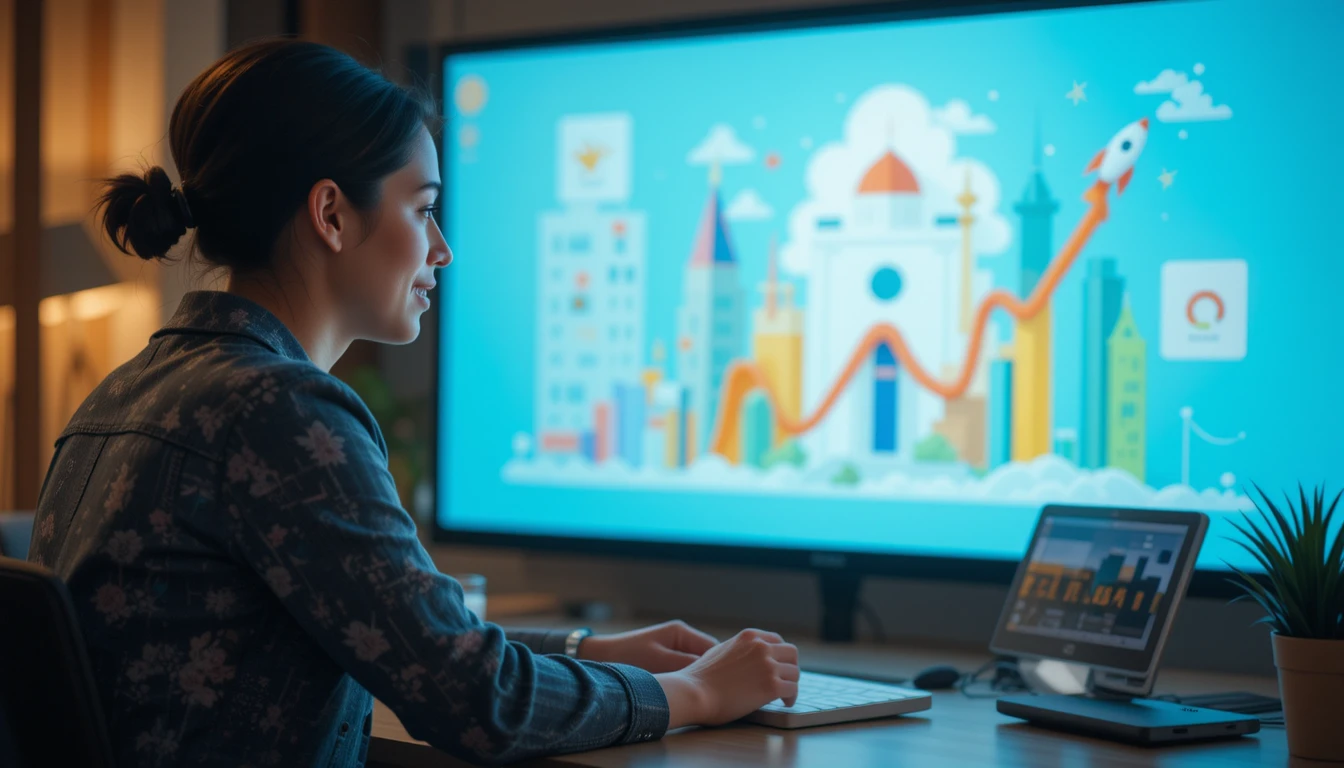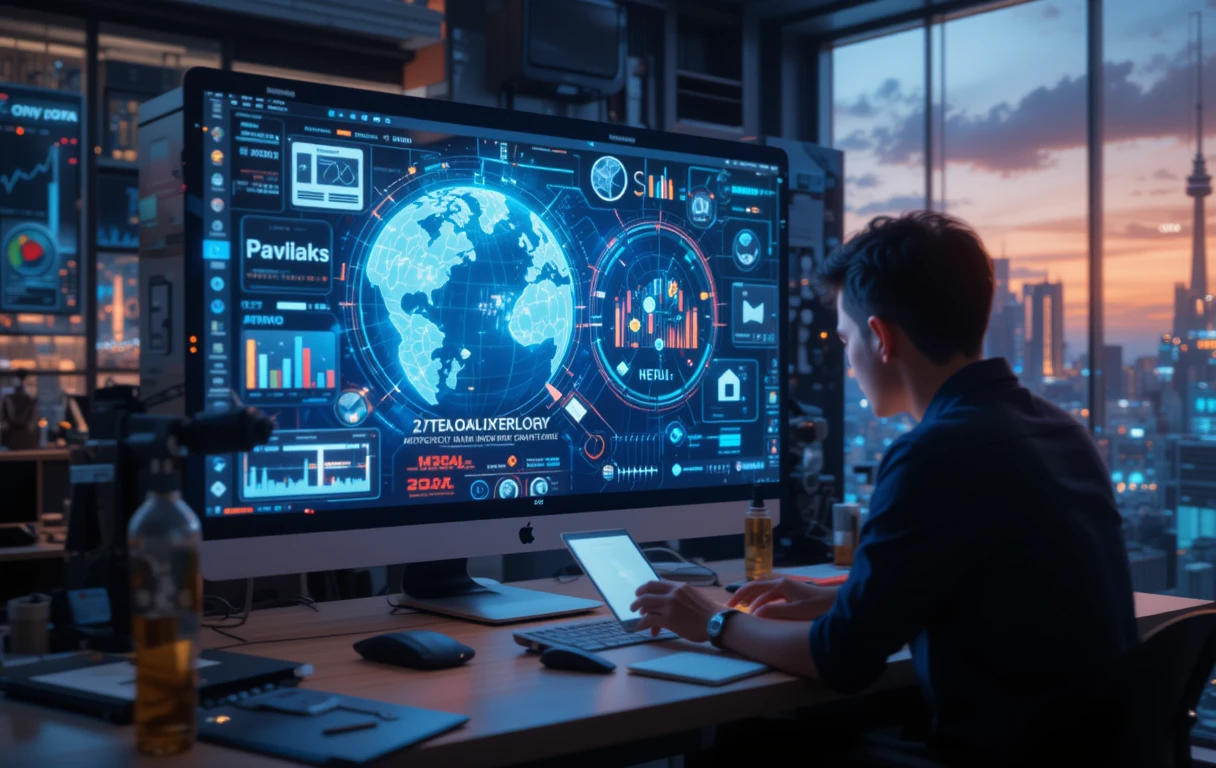As artificial intelligence increasingly infiltrates the creative realm, a burning question arises: is AI writing songs a groundbreaking opportunity or a threat to musicians? This thought-provoking topic has sparked debates across the music industry, challenging traditional notions of creativity, originality, and artistic livelihood.
Introduction
AI technology is advancing rapidly, and its capability to create music has reached unprecedented levels. From composing melodies to generating lyrics, AI programs are now delivering results that rival human effort. This development has intrigued many but also unsettled musicians who wonder if their careers are at risk.
While some argue that AI is a tool to enhance artistic expression, others fear it could commodify creativity, leaving human musicians behind. In this article, we delve into the implications of AI in songwriting, exploring whether artists should embrace or resist this technological wave.
AI Writing Songs: The Technology Behind the Tunes
Artificial intelligence in music creation relies on algorithms, machine learning, and neural networks trained on vast datasets of songs. Programs like OpenAI’s MuseNet, AIVA, and Google Magenta can analyze patterns in melody, harmony, rhythm, and lyrics to compose original pieces in various styles.
These systems can mimic iconic musicians, generate background scores for movies, or even write a pop hit in minutes. For example, AI has already co-written chart-topping hits like Taryn Southern’s “Break Free,” showcasing its potential as a collaborative tool.
The Benefits of AI in Songwriting
Creative Collaboration
AI is not replacing human creativity—it’s amplifying it. Musicians can use AI to experiment with new sounds, get past writer’s block, or explore genres they might not be familiar with. By automating repetitive tasks, AI allows artists to focus on the emotional and conceptual aspects of their work.
Accessibility to Music Creation
AI democratizes music production by lowering barriers to entry. Aspiring musicians without formal training can now compose and produce tracks with the help of user-friendly AI tools. This inclusivity fosters innovation and diversity in music.
Efficiency in Music Production
With AI, creating a high-quality song takes a fraction of the time it used to. This efficiency benefits professionals working on tight deadlines, like composers for films, ads, and video games.
Why Musicians Are Concerned
Loss of Authenticity
Music is deeply personal and emotional, often drawing from the artist’s life experiences. Critics argue that AI-generated songs lack this authenticity, as algorithms cannot truly “feel” or empathize.
Job Displacement
As AI becomes more capable, session musicians, lyricists, and composers may find their roles diminished. Studios and producers might opt for cost-effective AI-generated music, potentially shrinking job opportunities for human artists.
Ethical Dilemmas
Who owns an AI-generated song? The creator of the algorithm, the user, or the AI itself? This question raises complex copyright issues that remain unresolved, leaving musicians vulnerable to exploitation.
How AI is Shaping the Music Industry
Blurring the Lines Between Art and Technology
AI challenges the notion of what constitutes “real” art. If a machine can compose a symphony indistinguishable from Beethoven, does it devalue human talent? Or does it elevate creativity to a new frontier?
New Revenue Streams
Some see AI as a way to generate passive income. For example, musicians can use AI to create stock music for licensing, earning royalties without active involvement.
Revolutionizing Live Performances
AI-powered music can enhance live shows through dynamic, real-time compositions that adapt to the audience’s mood. This innovation could redefine how we experience concerts.
Should Musicians Be Worried About AI?
The answer isn’t straightforward. While AI poses certain risks, it also offers immense opportunities. Musicians who embrace AI as a collaborator rather than a competitor can stay ahead of the curve. By leveraging AI tools, artists can unlock their full creative potential and connect with audiences in new ways.
However, adapting to this change requires a mindset shift. Musicians must balance technological integration with preserving the soul of their art—a task that demands resilience, flexibility, and an unwavering commitment to authenticity.
Conclusion
AI is undoubtedly transforming the music industry, and while the changes are profound, they don’t spell doom for musicians. Instead, they present an opportunity to rethink and reinvent the creative process. Musicians who embrace AI as a partner in innovation rather than an adversary will find themselves at the forefront of a new era of music.
As the boundaries between human and machine creativity blur, one truth remains: music’s power lies in its ability to move and inspire. That essence, rooted in human emotion, will always have a place in the world—no matter how advanced technology becomes.




